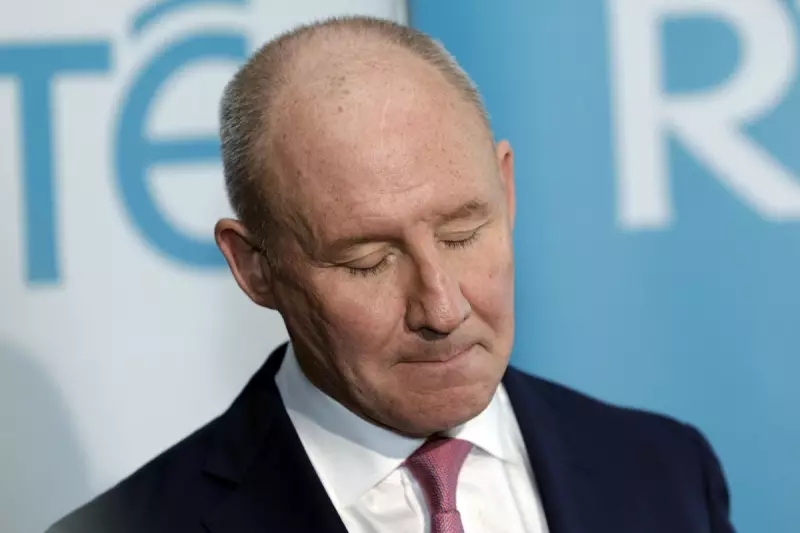
In a dramatic diplomatic U-turn, Irish Taoiseach Micheál Martin has cancelled his scheduled address to members of both Houses of Parliament at Westminster, sparking intense speculation about growing tensions in UK-Ireland relations.
The Fianna Fáil leader was expected to speak at a prestigious event hosted by the Hansard Society in the House of Commons, but pulled out following what sources describe as "considerable political pressure" from within his own government coalition.
Diplomatic Disruption
The cancellation comes amid sensitive post-Brexit negotiations and ongoing disputes about the Northern Ireland Protocol. Political analysts suggest the move reflects Dublin's careful navigation of the delicate political landscape between London and Belfast.
An Irish government spokesperson confirmed the development, stating simply that "arrangements could not be agreed" for the high-profile address, though they declined to elaborate on the specific reasons behind the sudden change of plans.
Political Fallout
The decision has raised eyebrows in political circles on both sides of the Irish Sea. The planned speech was seen as a significant opportunity to strengthen UK-Ireland relations at a critical juncture, particularly given the ongoing implementation of the Windsor Framework.
Sources within the Irish government indicate that Martin faced substantial internal pressure from coalition partners who expressed concerns about the timing and optics of such an address during ongoing protocol discussions.
This isn't the first time an Irish leader has addressed both Houses of Parliament—former Taoiseach Enda Kenny made history with his 2016 speech—but Martin's cancellation suggests the current political climate presents unique challenges for cross-border diplomacy.
What Happens Next?
While the immediate cancellation has been confirmed, both British and Irish officials emphasize that bilateral relations remain strong. However, the incident underscores the complex diplomatic dance required in post-Brexit UK-Ireland relations.
Observers will be watching closely to see how this development affects ongoing negotiations and whether alternative platforms for high-level dialogue between Dublin and Westminster will emerge in the coming months.





